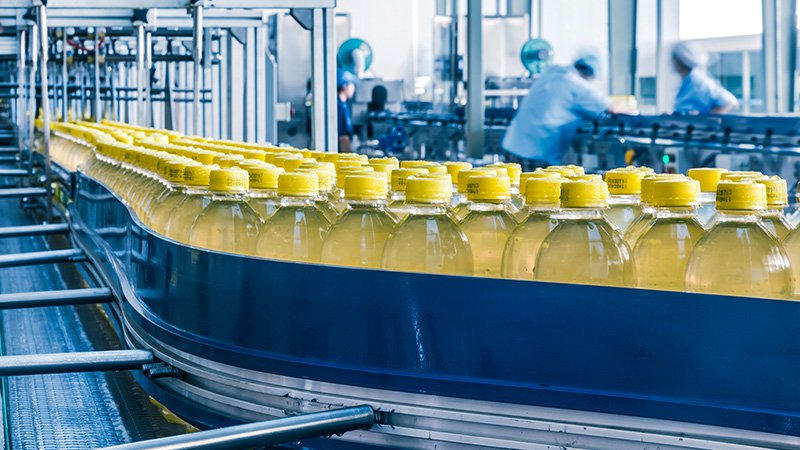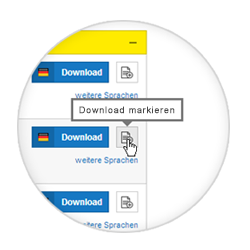Effective, accurate fryer control using new 80-GHz radar
There are always challenges to find ways to improve consistency and quality in the food industry, one of the key areas are the fryers, where a complex interaction between controlling the temperature, cooking time and oil replenishment is critical to making and maintaining the product to the highest quality. Small improvements can also quickly pay back in energy savings.
In the future, all fryers in the plant of the tortilla chips producer will be equipped with the 80 GHz radar sensors.
The level measurement range is over 220mm and takes place inside a small chamber off the side of the large frying vessel, each mm represents 100’s of litres of cooking oil. It is important that the whole range is measured, both during charging of the oil and heating of the process as well as in full production. Heat input needs to be carefully controlled in any fryer system for optimal efficiency and safety.
The accuracy of control of the installed radar sensor VEGAPULS 64 is very consistent and also ‘to the mm’ without any effect from dielectric changes.
The engineers initially tried a high-temperature guided wave radar, but discovered that this measuring principle has physical performance limitations when working with poorly reflecting liquids (oil-based products) in small vessels. This is because oil is a poor reflector and not easily detected at extremes of the range, resulting in only the middle part making an accurate measurement over this short length. In its place a capacitance probe was installed with some success; it has no moving parts and detected the oil over the full measuring range. However, the oil changes in dielectric (conductivity) as it heats and cooks the chips – (due to changing carbon levels in the oil) which directly affects the level accuracy of this type of probe.
The consistency and better control provided by VEGAPULS 64 enables the factory to optimise both energy and oil input.
Related industries

Food industry
Export this article
Download as PDFShare this article
Comments ({{comments.length}})
{{getCommentAuthor(comment, "Anonymous")}} {{comment.timestamp | date : "dd.MM.yyyy HH:mm" }}
{{comment.comment}}








